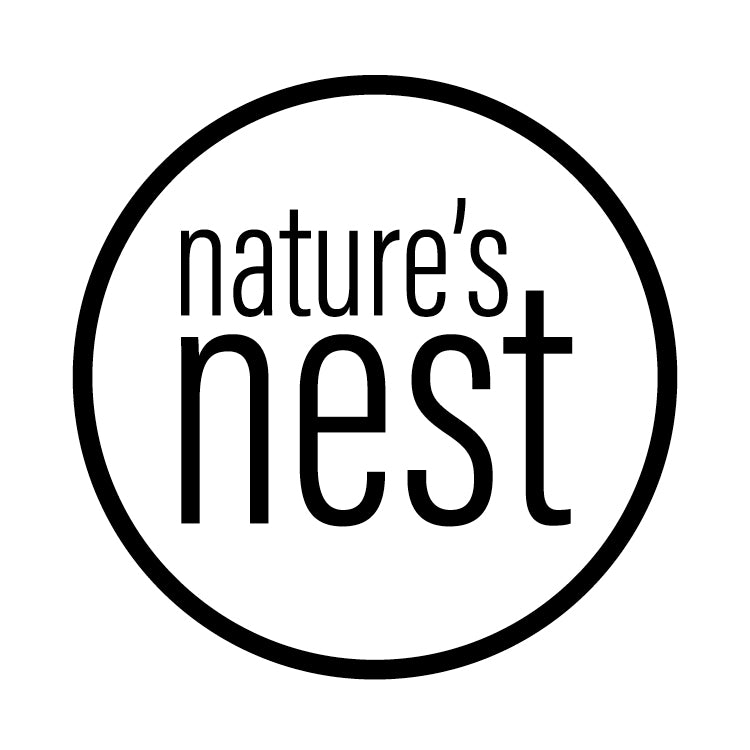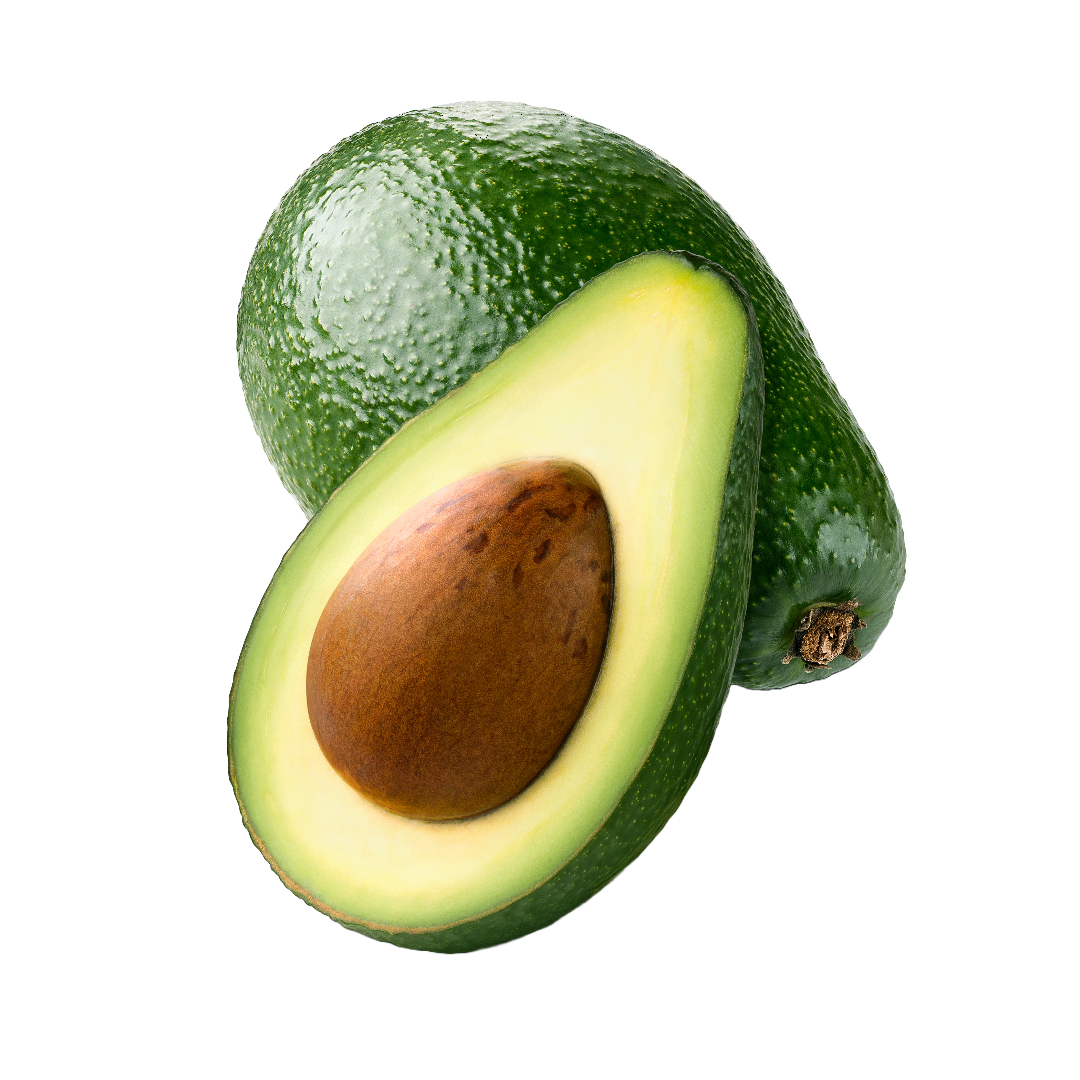Avocado, a beloved and nutritious fruit for humans, is often praised for its creamy texture and health benefits. However, when it comes to our avian companions, this seemingly harmless superfood can be a hidden threat. While avocados are an excellent source of essential nutrients for humans, they pose a significant risk to birds. In this blog post, we will explore why avocados are dangerous for birds and what pet owners can do to keep their feathered friends safe.
The Culprit: Persin
The primary reason avocados are harmful to birds lies in a natural compound found within the fruit called persin. Persin is a fungicidal toxin that is present in varying amounts throughout the avocado, from the skin and flesh to the seed. While persin affects different bird species differently, it can be lethal for many.
Lethal Effects
- Cardiac Arrest: Ingesting even small amounts of persin can lead to cardiac distress and eventual heart failure in birds. This is because persin disrupts the normal functioning of a bird's cardiovascular system, leading to irregular heartbeats and, in severe cases, cardiac arrest.
- Respiratory Problems: Birds that consume avocados may experience severe respiratory distress. This can manifest as labored breathing, wheezing, and, in some cases, complete respiratory failure.
- Gastrointestinal Issues: Avocado ingestion can cause gastrointestinal distress in birds, leading to symptoms such as vomiting and diarrhea. These symptoms can result in severe dehydration, which can be life-threatening.
- Liver Damage: The liver is a vital organ for birds, and avocados can wreak havoc on it. Persin disrupts liver function, potentially leading to liver damage or failure over time.
Preventing Avocado Poisoning in Birds
- Educate Yourself: The first step in protecting your avian companion is to understand which foods are safe and which are not. Always be cautious and never offer your bird avocado or any food that contains it.
- Check Ingredients: Carefully read the labels of packaged bird food or treats to ensure they do not contain avocado or avocado-derived ingredients.
- Secure Avocados: Keep avocados out of reach and ensure they are stored securely away from your bird's living area.
- Educate Others: If you have friends or family members who interact with your bird, make sure they are aware of the risks associated with avocados.
- Monitor for Symptoms: Be vigilant for any signs of distress or illness in your bird. If you suspect avocado poisoning, seek immediate veterinary assistance.
It's important to recognize that while avocados are inherently harmful to birds, most cases of bird illness resulting from avocado consumption occur due to unintended exposure. As our avian veterinarians have noted, these accidents often happen in everyday situations when birds are in close proximity to their owners in the kitchen. Birds are naturally curious and may explore the countertop where their owner is preparing a salad or working with avocados. In these instances, the bird may inadvertently consume avocado, underscoring the need for vigilance and caution in safeguarding our feathered friends from unexpected hazards. Accidents can and do happen, which is why it's crucial to remain diligent in keeping avocados out of their reach.
Conclusion
Avocado, a beloved and healthy food for humans, can be a dangerous poison for our feathered friends due to the presence of persin. Birds have unique sensitivities to certain substances, and it is our responsibility as pet owners to protect them from harm. By being informed, cautious, and proactive, we can ensure the safety and well-being of our avian companions, keeping them happy and healthy for years to come.

